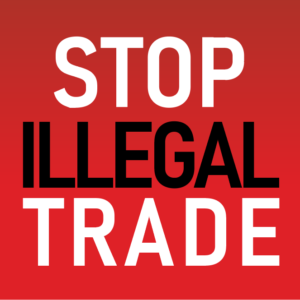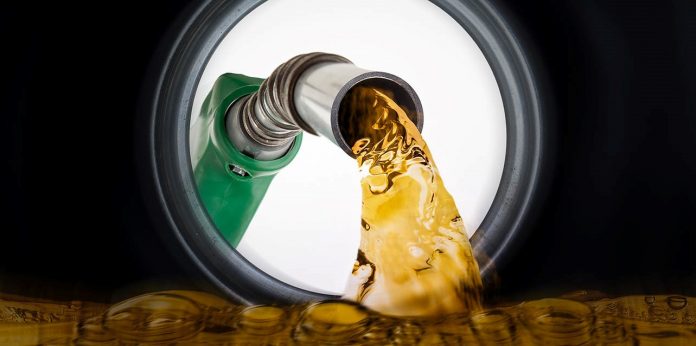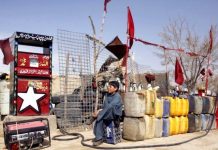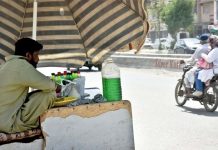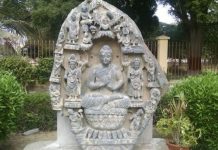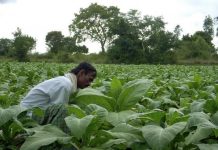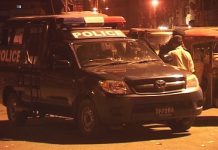THE government wants to put a stop to the widespread smuggling of cheap, low quality Iranian petrol and diesel into the country through Balochistan. But it knows, deep down, that it can’t; at least not until it can force oil marketing companies to expand their retail network across the sparsely populated province and completely secure the long border with Iran to block the illegal trade routes. Neither of these two tasks is easy.
The OMCs are reluctant to expand their retail networks in most parts of the province because of low demand, high freight cost and poor security conditions. Likewise, the job of securing multiple smuggling routes across the treacherous terrain demands extensive deployment of manpower and the establishment of security check-posts, in addition to close cooperation from Tehran.
The plan recently approved by the prime minister to stop the sale of smuggled oil in parts of the country anticipates these difficulties, as well as the fact that it is smuggled Iranian oil that is keeping the wheels moving in most areas of Balochistan. Hence it has made the decision to focus on a customs-led crackdown against illegal petrol outlets in Punjab, Sindh and Khyber Pakhtunkhwa, besides cutting off supply lines of the smuggled oil from Balochistan in the first phase of the plan.
In the second phase, the POL requirement of Balochistan will be mapped, legal retail outlets opened and a strategy to stall smuggling devised. The plan looks good, but only on paper. Its implementation will be fraught with difficulties and roadblocks, which are not limited to the expansion of the networks of OMCs or the blockade of smuggling routes.
The illegal flow of Iranian oil worth Rs250bn a year — in tankers and jerry cans mounted on jeeps and motorcycles, in full view of the border security forces, customs authorities and provincial administration — shows the involvement of a powerful mafia in this business. If the plan is to succeed, it must first target this ring.
Source: Dawn, January 5th, 2021
